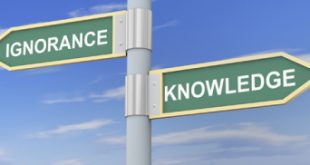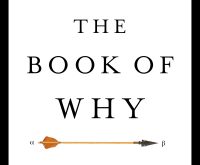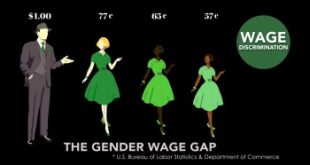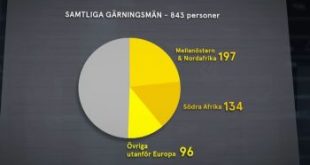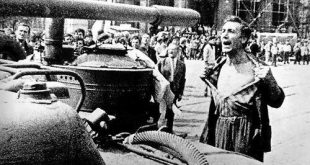Deductivist modeling endeavours and an overly simplistic use of statistical and econometric tools are sure signs of the explanatory hubris that still haunts mainstream economics. In an interview Robert Lucas says the evidence on postwar recessions … overwhelmingly supports the dominant importance of real shocks. So, according to Lucas, changes in tastes and technologies should be able to explain the main fluctuations in e.g. the unemployment that we have seen during the last...
Read More »Tractability, truth, and ignorability
Tractability, truth, and ignorability Most attempts at causal inference in observational studies are based on assumptions that treatment assignment is ignorable. Such assumptions are usually made casually, largely because they justify the use of available statistical methods and not because they are truly believed. Marshall Joffe et al. An interesting (but from a technical point of view rather demanding) article on a highly questionable assumption used in...
Read More »Berkson’s paradox or why attractive people you date tend to be jerks
Berkson’s paradox or why attractive people you date tend to be jerks Have you ever noticed that, among the people you date, the attractive ones tend to be jerks? Instead of constructing elaborate psychosocial theories, consider a simpler explanation. Your choice of people to date depends on two factors, attractiveness and personality. You’ll take a chance on dating a mean attractive person or a nice unattractive person, and certainly a nice attractive...
Read More »Wage discrimination and the dangers of ‘controlling for’ confounders
Wage discrimination and the dangers of ‘controlling for’ confounders You see it all the time in studies. “We controlled for…” And then the list starts. The longer the better. Income. Age. Race. Religion. Height. Hair color. Sexual preference. Crossfit attendance. Love of parents. Coke or Pepsi. The more things you can control for, the stronger your study is — or, at least, the stronger your study seems. Controls give the feeling of specificity, of...
Read More »The cost of focusing on general equilibrium theory
The cost of focusing on general equilibrium theory The largest problem with the economics profession’s focus on general equilibrium theory is the opportunity costs of that exploration. Important policy problems are not addressed. Consider Pareto optimality and the welfare theorems, which Fisher sees as the underpinnings of Western capitalism. In a world, such as ours, where property rights cannot be allocated effortlessly and costlessly, economist’s welfare...
Read More »Reformulating the economics curriculum
Reformulating the economics curriculum Having gone through a handful of the most frequently used textbooks of economics at the undergraduate level today, I can only conclude that the models that are presented in these modern mainstream textbooks try to describe and analyze complex and heterogeneous real economies with a single rational-expectations-robot-imitation-representative-agent. That is, with something that has absolutely nothing to do with reality....
Read More »Uppdrag granskning och sveket mot våldtäktsoffren
Uppdrag granskning och sveket mot våldtäktsoffren Yours truly såg idag ett intressant avsnitt av SvT:s Uppdrag granskning. Programmet handlade om att män födda i utlandet är kraftigt överrepresenterade bland de som dömts för att ha begått våldtäkt i Sverige — och, enkannerligen, om varför ledande svenska politiker och brottsforskare inte tyckt att det har varit viktigt eller speciellt intressant att statistiskt belägga våldtäktsmännens etnicitet. Skälet som...
Read More »August 21, 1968 — a date which will live in infamy
August 21, 1968 — a date which will live in infamy [embedded content] Advertisements
Read More »Donald Rubin on randomization and observational studies
Donald Rubin on randomization and observational studies [embedded content] Advertisements
Read More »Econophysics
Unfortunately, nothing is more dangerous than dogmas donned with scientific feathers. The current crisis might offer an excellent occasion for a paradigm change, previously called for by prominent economists like John Maynard Keynes, Alan Kirman and Steve Keen. They have forcefully highlighted the shortcomings and contradictions of the classical economictheory, but progress has been slow. The task looks so formidable that some economists argue that it is better to stick with...
Read More » Lars P. Syll
Lars P. Syll


